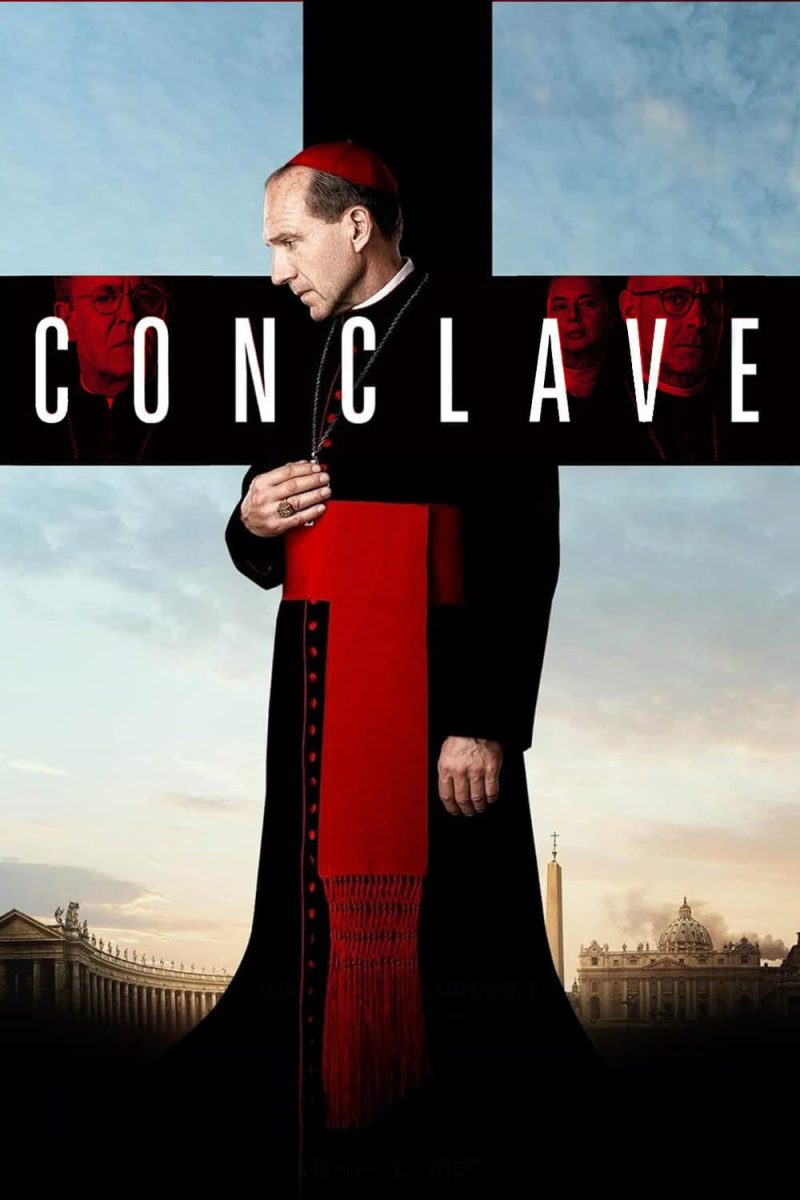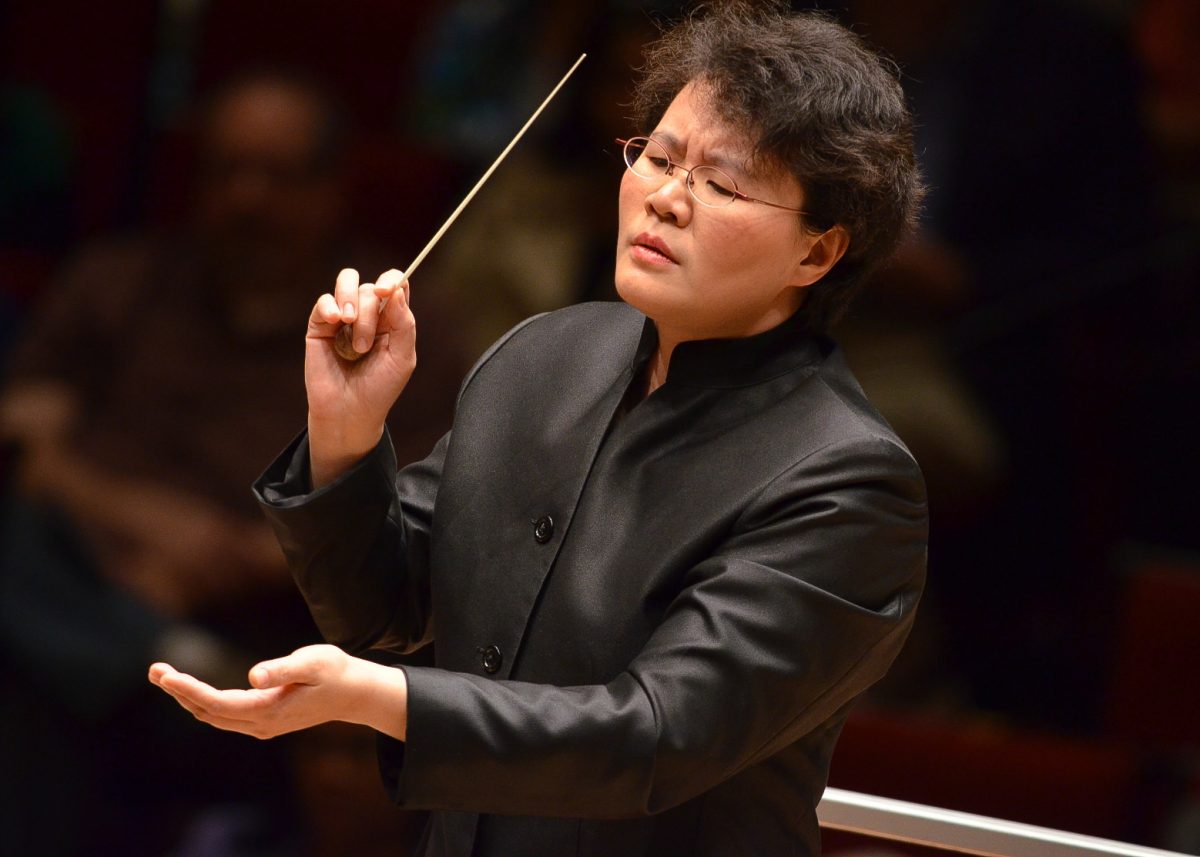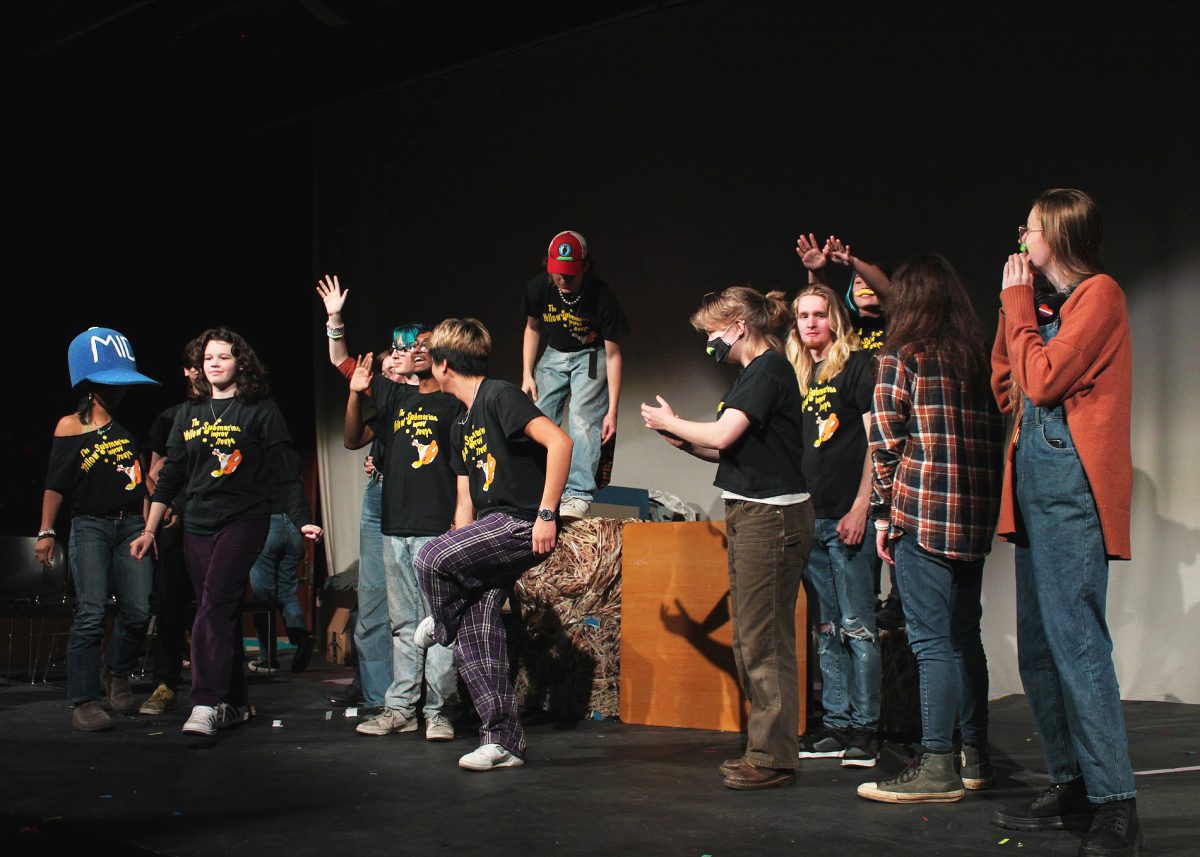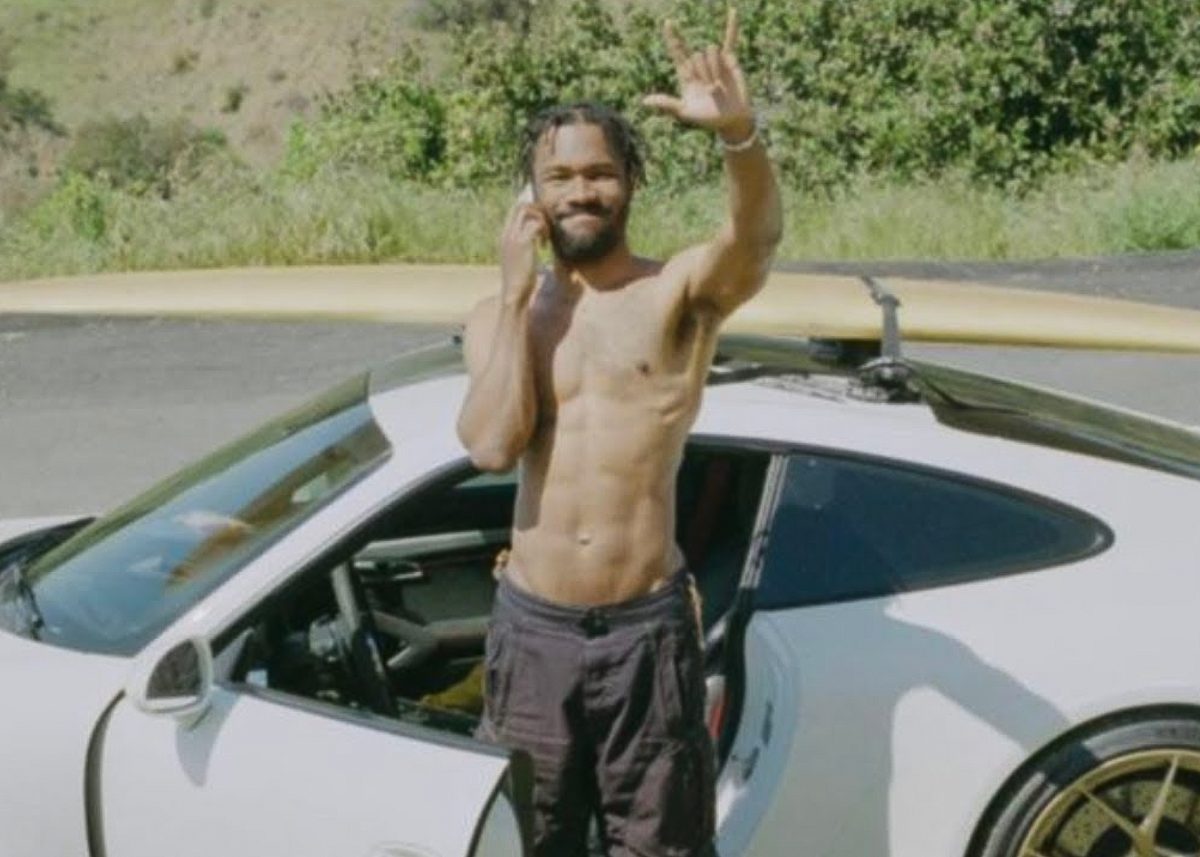If anyone has ever watched Stanley Tucci in The Hunger Games and thought: “this, but more Catholic,” Conclave is the perfect film to watch. A political thriller starring Tucci alongside Ralph Fiennes and Isabella Rossellini, it is based on the 2016 novel of the same name by Robert Harris.
The film follows Cardinal Lawrence as he leads the College of Cardinals in electing a successor for the late pope. Four candidates with vastly different social, religious and political views emerge as frontrunners. As the College struggles to settle on one individual, scandal erupts, and the pool grows smaller. The film examines human ambition and desire for power as each character strugles to retain commitment to morality and religious faitnoc in their quest to fulfill a belief system.
Aspiring film major Eleonora Ricciarini (I) says it was “extremely well shot,” noting the emphasis on color and ornamental Catholic traditions. Though she enjoyed how the dialogue sounded real and the conflicts were complex, she admits to being slightly disappointed by the ending: “I thought it was less exciting than the middle portion.”
With a Rotten Tomatoes rating of 93 percent, eight Oscar nominations and six Golden Globe nominations, the film has been received well by audiences and critics alike. The National Board of Review and the American Film Institute named it one of the top ten films of 2024.
For Katarina Taylor (I), the movie stuck out not only for its cinematography and acting but for its discussion of issues personal to her. “[I have] found my own faith challenged because of people using religion as a weapon,” she says. “Conclave reaffirmed to me that religion is about growing together and embracing the uncertainty in life rather than always searching for what is true or ‘right’.”
As with everything, however, the political element has caused polarization, especially among the Catholic media. While the progressive National Catholic Reporter praised the film and its “ecclesial call for a renewed spiritual stewardship,” the conservative Our Sunday Visitor called it a “manipulative” production, where “the deck is predictably stacked in favor of those who advocate change.”
This division is unsurprising because the film contains overt political themes that most Americans cannot ignore. The resemblance of American politics to those of the Catholic Church are glaring, especially in light of the recent presidential election. At times, the movie’s scarlet hats mirror a different red baseball cap in America and the stairwell arguments become reminiscent of those on the debate stage.
“If Tedesco becomes Pope, he will undo 60 years of progress,” the progressive character Bellini declares at one point, decrying his opponent. The conservative Tedesco, meanwhile, condemns the “doctrine of relativism so dear to our liberal brothers,” and it feels a bit as if our nation’s leaders swapped their suits and ties for the movie’s red mozzetta cloaks.
“Is this what we are reduced to? Considering the ‘least worst’ option?” These words, uttered by Lawrence as he struggles to back a candidate amid growing suspicions, could be taken verbatim from a conversation about American politics, as could much of this film. These paralleling themes relate to every American, wanted or not, which makes this film a worthwhile watch.
Categories:
Life Imitates Art: Conclave and American Politics
By Alexandra Lee (I), Staff Writer
March 26, 2025
0
More to Discover








